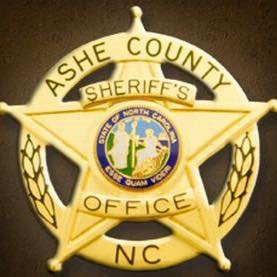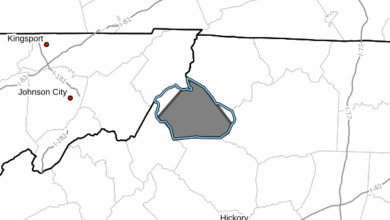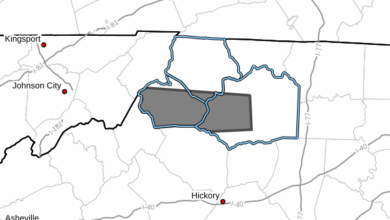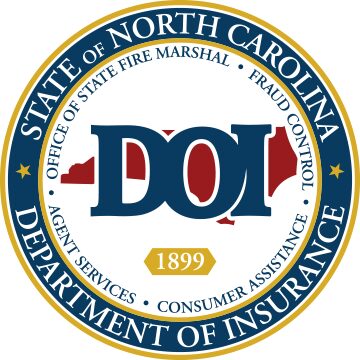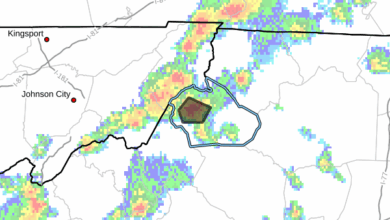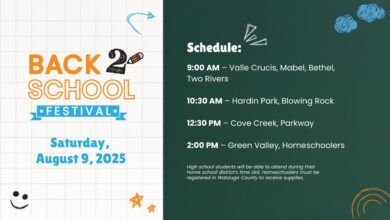Last Updated on February 12, 2022 4:15 pm
RALEIGH July 11, 2019 – Today, one year since the creation of the Finish Line Grants program, Governor Roy Cooper announced that more than 1,700 Finish Line Grants have helped community college students complete their training and prepare to enter the workforce. These grants total more than $1.1 million awarded to date.
“We launched Finish Line Grants after hearing countless stories of community college students working hard to better their lives but getting thrown off course by a financial emergency,” said Governor Cooper. “Finish Line Grants are helping hundreds of students get good-paying jobs by making sure a hospital bill or car repair doesn’t stop them in their tracks. North Carolina employers need talented workers, and Finish Line Grants are one way we’re making sure they can find them.”
Since last summer, Finish Line Grants have been launched at all of North Carolina’s 58 community colleges. Each of North Carolina’s 23 workforce development boards partnered with community colleges to make Finish Line Grants available for students in their communities. Students must be 50% of the way through their degree or credential training program to be eligible to receive a grant.
“The leadership, dedication and innovation of professionals at our local workforce development boards, the Commerce department and NCWorks Career Centers—working in partnership with our outstanding community colleges—have made the Finish Line Grants program a success,” said N.C. Commerce Secretary Anthony Copeland. “By helping community college students stay on track to completing the credentials they need for rewarding careers, Finish Line Grants are helping us to maintain and grow our skilled workforce, which has never been more essential to economic development than it is today.”
“The Finish Line Grants are moving qualified workers into high-demand jobs, but more importantly, these grants are helping our students achieve their goals,” said Peter Hans, president of the N.C. Community College System. “We are grateful for this innovative program and we’re excited about removing more barriers to success. When students in need get a little bit of help, they can reach their full potential. We are already seeing evidence of that.”
After a medical emergency nearly sidelined his plans to graduate, Alamance Community College student Todd Spivey received a Finish Line Grant. Without the grant, Spivey was considering putting his schoolwork on hold to work more hours to pay off his hospital bill. Instead, Spivey will graduate this month from the Computer-Integrated Machining program at Alamance Community College and is already employed as a machine operator at Frost Converting Systems in Burlington.
“I was faced with a situation which almost denied me the sought-after graduation I had worked nearly three years for,” said Spivey. “Receiving a Finish Line Grant and the help of the Regional Partnership Workforce Development Board changed my career, my life and my family’s life for the better.”
This May, Stanly Community College students Taylor Ferree and Sammie King graduated and entered high-demand careers, thanks in part to receiving Finish Line Grants from the Centralina Workforce Development Board.
“It was a very easy process. I’m really grateful for everything,” said Ferree, who graduated with a degree in Respiratory Therapy and now works at Carolinas HealthCare System Northeast. King graduated from the Collision Repair, Painting and Refinishing program at Stanly Community College and now works in vehicle repairs.
Minnie Jones is among the Wake Tech Community College students who have benefited from the Finish Line Grants program. The 61-year-old student earns a limited income, and when her car needed repairs, she was worried she would have to drop out. Jones applied for a Finish Line Grant and received $1,000 in emergency funds through the Capital Area Workforce Development Board. “The money definitely came in handy,” Jones said. “Without the funds I would have missed classes and would not have been able to graduate.” Jones graduated in May with a degree in Human Services Technology.
Finish Line Grants have also gotten a boost from the Awake58 Fellows program. Awake58 Fellows are community college students—some of whom are Finish Line Grant recipients—who encourage their eligible peers to apply for Finish Line Grants and inform community college faculty and staff, workforce board partners, and others of the Finish Line Grants opportunity to ensure that as many students as possible can benefit from it. Awake58 fellows have produced radio segments, hosted lunch and learn information sessions, and conducted other communication campaigns to get the word out about Finish Line Grants.
Governor Cooper’s most recent budget proposal includes funding to expand the Finish Line Grants program to colleges and universities across the state.
“We know many students in our four-year colleges face tough financial situations that threaten their ability to graduate. Finish Line Grants should be available to all students who need them—and my hope is this legislature seriously considers that need,” said Governor Cooper.
Finish Line Grants are part of Governor Cooper’s NC Job Ready initiative, built on three core principles: skills and education attainment, employer leadership, and local innovation. In addition to Finish Line Grants, NC Job Ready is helping North Carolinians get ready for the jobs of today and tomorrow by supporting sector partnership initiatives in the healthcare, advanced manufacturing and biopharma industries, funding grants for local workforce development projects, and increasing work-based learning opportunities through initiatives such as the Navigator, the Partnership to Advance Youth Apprenticeship (PAYA), and the Girls Go CyberStart initiative to prepare high school girls for cybersecurity careers.
Students interested in applying for a Finish Line Grant can contact their college’s designated staff person listed here. To learn more about Finish Line Grants, click here.









